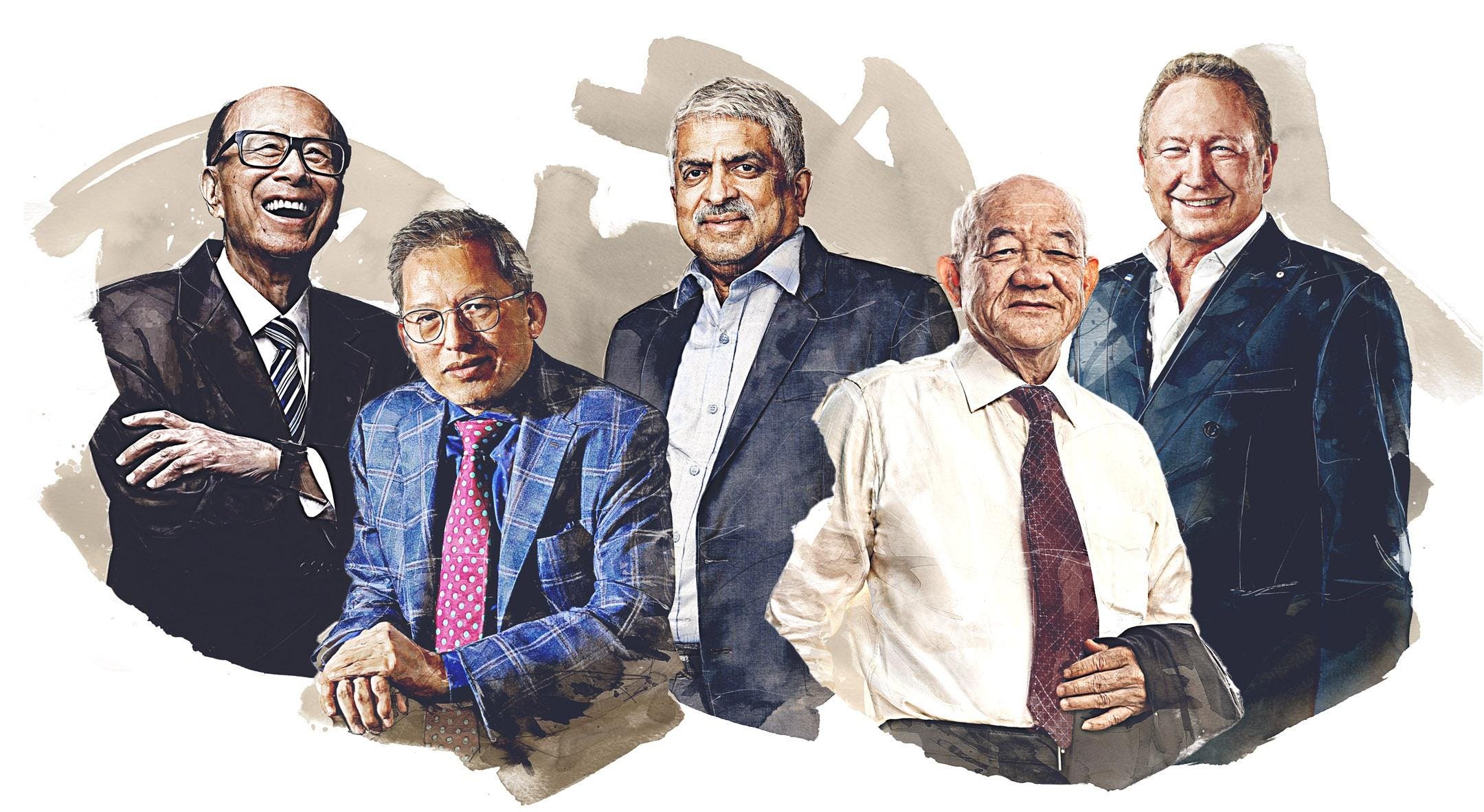Forbes Asia has released its 2023 list of Heroes of Philanthropy which spotlights 15 philanthropists, including San Miguel Corporation Chief Executive Ramon S. Ang, who have in the past year shown commitment and donated generously to causes close to their hearts.
Ang is the only Filipino billionaire in the unranked which considers those who are providing capital from their own money—not their company’s unless it is privately held and they are the majority shareholders—and demonstrating commitment to their select causes.
“Every year, our team sifts through dozens of names—from lifelong philanthropists to newcomers—to compile this select list from the Asia-Pacific region,” said Forbes Asia.

Ang, the controlling shareholder of SMC and a self-made billionaire, this year pledged P500 million ($9 million) to build schools for underprivileged children in Manila.
He announced the donation in September as he inaugurated a 39-classroom school in Tondo, one of the city’s poorest districts where he grew up.
“I strongly believe that empowering a wide range of Filipinos with education and skills is key to unlocking the country’s potential,” Ang told Forbes by text message.
He added that, “This includes not only the youth but also adults in less privileged areas who seek better jobs or want to start their own businesses.”
Ang, who has an estimated net worth of $3.4 billion, transformed the country’s biggest beer maker and food manufacturer into a diversified conglomerate with interests in banking, energy, power utility and toll roads.
Since 2020, Ang through his RSA Foundation has personally contributed over P150 million to scholarship grants and medical aid.
Separately, SMC’s San Miguel Foundation spent over P1 billion to build five schools in the Metro Manila region, while donating P14.8 billion to support relief measures during the Covid-19 pandemic and earmarking another P3 billion to help clean up the city’s rivers.

Some billionaires continue to endow their philanthropic foundations with significant amounts to carry on their missions.
Japan’s Takemitsu Takizaki gave 7.45 million Keyence shares worth nearly ¥390 billion ($2.6 billion) to his foundation, while Australia’s Andrew and Nicola Forrest gave an estimated Au$5 billion ($3.3 billion) worth of Fortescue Metals
Group shares to their philanthropic arm Minderoo Foundation.
Several altruists on the list chose to direct their donations to advance higher education and research, especially in AI.
Midea Group founder He Xiangjian pledged to donate 3 billion yuan ($410 million) to set up a fund supporting scientific research—including in AI and climate change—in China, while veteran philanthropist Li Ka-shing donated HK$60 million ($7.7 million) to support using AI in medical training and research at two universities in Hong Kong.
Demonstrating his continued commitment to education, Indonesian billionaire Low Tuck Kwong gave S$101 million ($73 million) to the Lee Kuan Yew School of Public Policy through his eponymous foundation. It will be used to fund leadership programs for policymaking and public service.
Mental health was another focus. In Hong Kong, New World Development’s Adrian Cheng set up a foundation that aims to support children’s mental well-being, while Australian billionaire James Packer, who has personally struggled with mental health issues, donated to research in this area at the University of New South Wales.
Newcomers to the list include India’s youngest billionaire Nikhil Kamath, who became the country’s latest signatory of the Giving Pledge.